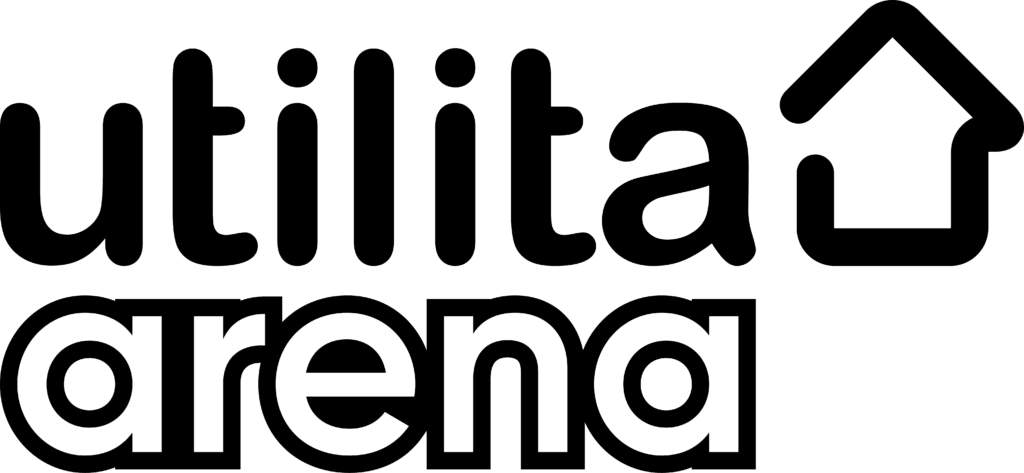Solar Panel Efficiency
Maximising sunlight exposure is the primary way to increase solar panel efficiency, but there are some simple checks to ensure this before and after you get solar installed.
Home ▸ Solar Panels ▸ Solar Panel Efficiency
Contents:
-
How to Maximise Solar Panel EfficiencyHow to Maximise Solar Panel Efficiency
-
Which Panels are Most Efficient?Which Panels are Most Efficient?
-
What Else Can You Do?What Else Can You Do?
How to Maximise Solar Panel Efficiency
The orientation of your home and roof angle plays a big part in electricity generation. However, once your panels are installed, these are the three crucial factors to consider:
Age
Most solar panels experience an annual efficiency decline of around 0.5% to 1%, known as degradation. This means that over 20 to 25 years, your panels may operate at approximately 80% to 90% of their original efficiency. Degradation occurs due to prolonged exposure to UV light. To mitigate this, invest in high-quality panels with performance warranties ensuring efficiency for 25 to 30 years.
Shading
Shading caused by trees and buildings can significantly diminish solar panel output, especially during times when shadows are longer across your roof. Panels are typically connected in groups, and shading on one panel can affect the entire string’s output. To address shading, minimise objects above your roof, like overhanging branches.
Cleanliness
Dust and dirt build-up on solar panels can obstruct light and decrease their efficiency. While rain can help keep them clean, regions prone to dust or homes by the cost may require additional cleaning. Ensure safety by using extendable brushes from ground level or hiring professional cleaners.

“Keeping your solar panels working at their best is easier than you think. Simple checks like trimming overhanging branches and cleaning off dust and dirt can make a big difference. With these easy steps, you can ensure your panels stay efficient and save you money for years to come.”
Expert advice from the Energy Doctor
Which Panels are Most Efficient?
The most common types of solar panels used on the market at the moment are black monocrystalline solar panels and blue polycrystalline solar panels. Whilst black panels are more expensive – £300-£450 per m² compared to £250-£300 per m², they are far superior for five key reasons:
Higher efficiency.
They’re around 10% more efficient than ‘blue’ panels.
Require less roof space.
They need fewer panels to generate the same power.
Higher power output.
They’re the most powerful residential panels on the market.
Modern appearance.
They’re seen as sleeker, blending in better with roof tiles.
Longer lifespan.
They can easily last beyond 25 years.
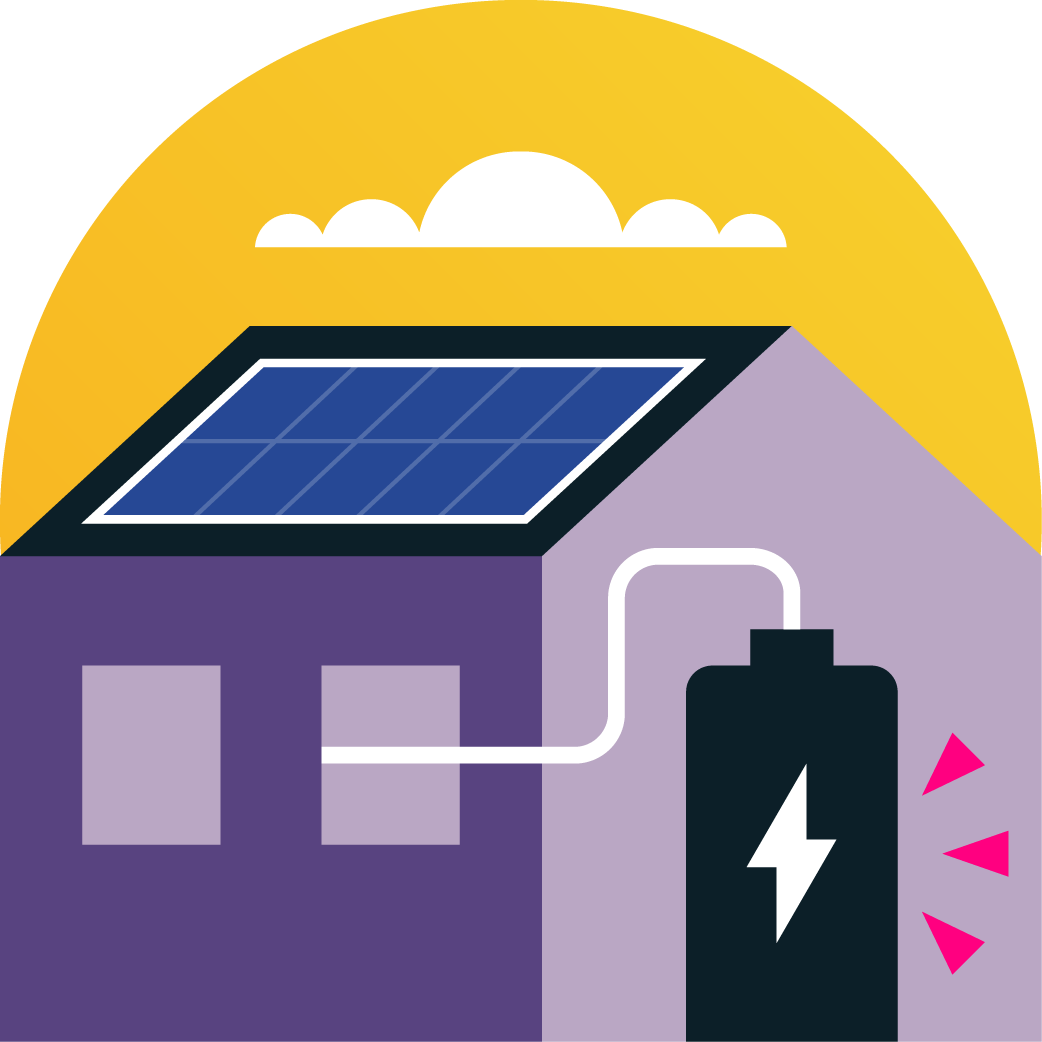
What Else Can You Do?
Once you have your solar panels installed, you need to make the best use of the free, clean energy while it’s being generated. This usually means doing high-energy tasks like using an electric hob or oven, doing the laundry and running the dishwasher, during the day. It’s worth being mindful of just how much electricity you’re using, as if you do too much at once you’ll end up paying for energy from the grid.
Making full use of your solar power can work for those who are generally at home during the day. But if you’re not, that’s where a home battery can help. It saves up the energy you generate for use later on.
Install Solar Panels With Loop and Sunsave
Ready to harness the power of the sun and take control of your energy bills? Look no further than Loop and Sunsave for your solar panel installation needs. With our trusted partnership, we’re making solar easy and hassle-free.
From initial consultation to seamless installation, our expert teams ensure a smooth transition to clean, renewable energy. Join countless homeowners who are benefiting from solar!
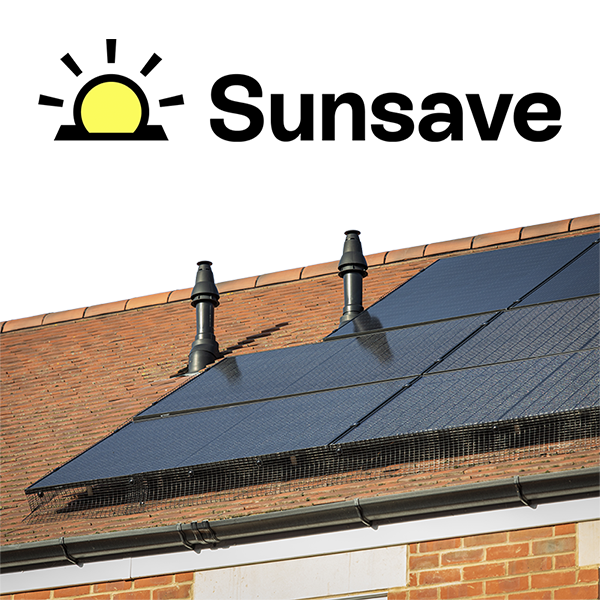
Related Guides
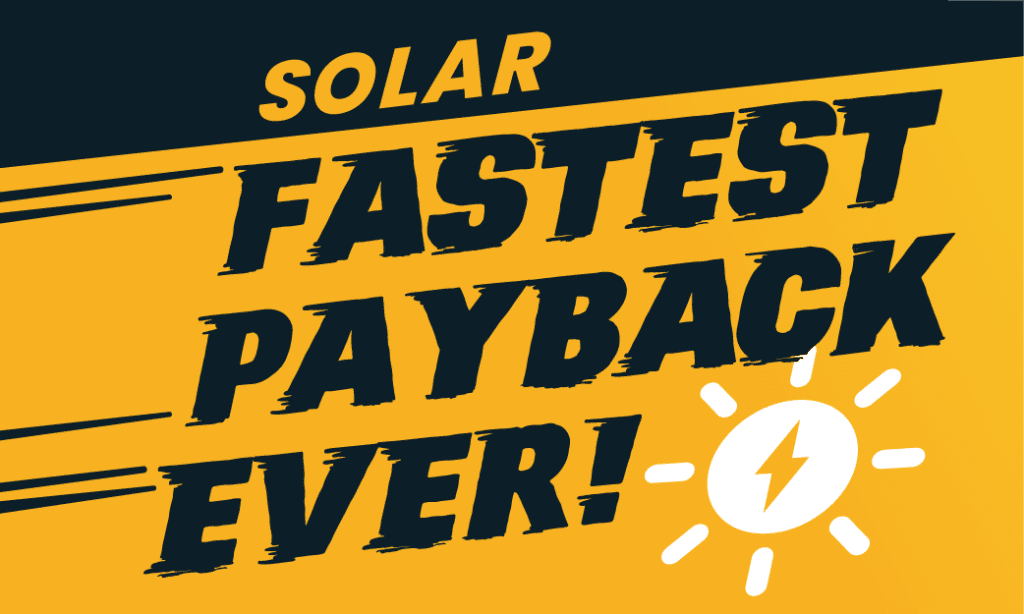
Is the Payback time for Solar and Battery Shorter Than You Think?
The payback period for solar and battery installation is under 6 years for typical homes. With the panels warranted for up to 25 years and the battery at least 10, it means years of free electricity!
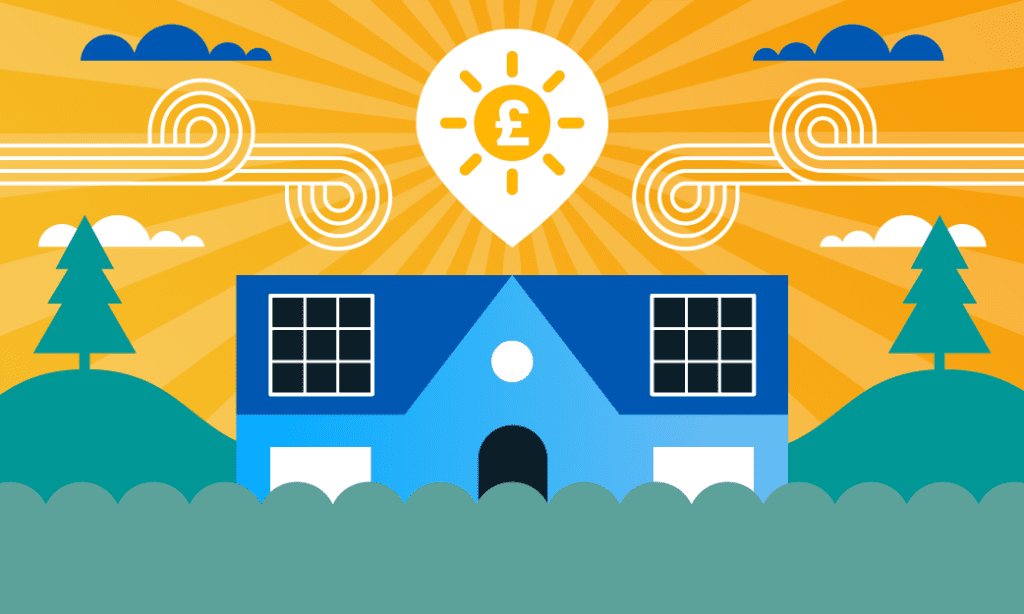
The Economics of Solar
Having solar panels installed is a big step. Or is it? It’s probably cheaper and easier than you think. Weigh up the financial benefits of solar so you can make a decision whether the cost of an installation makes sense for you.
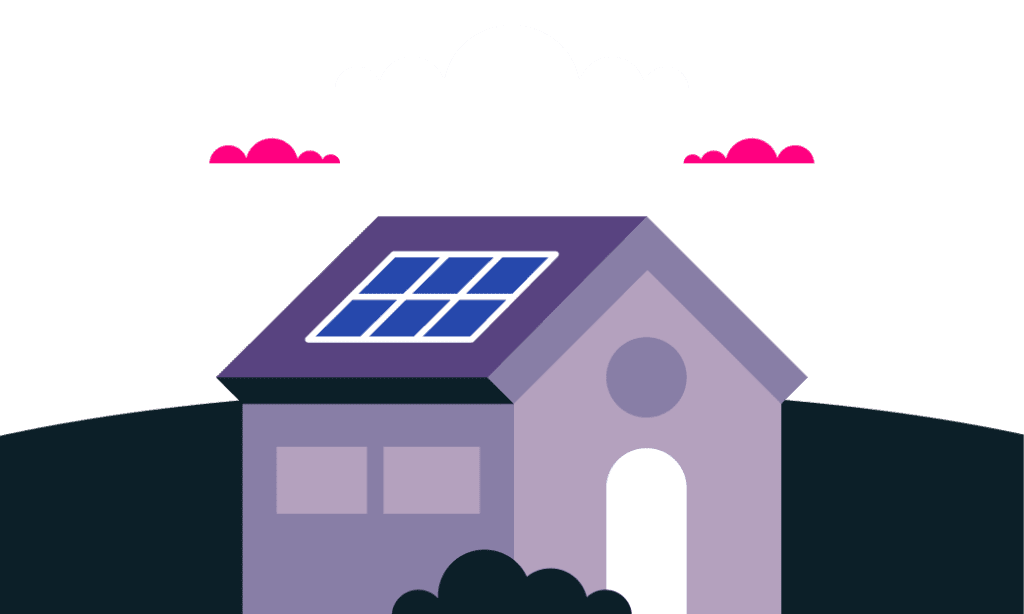
Are Solar Panels Worth It?
Long-term energy security, lower energy bills and reduced household emissions are just some of the reasons why solar is booming. Here’s a roundup of why solar panels are definitely worth considering.






